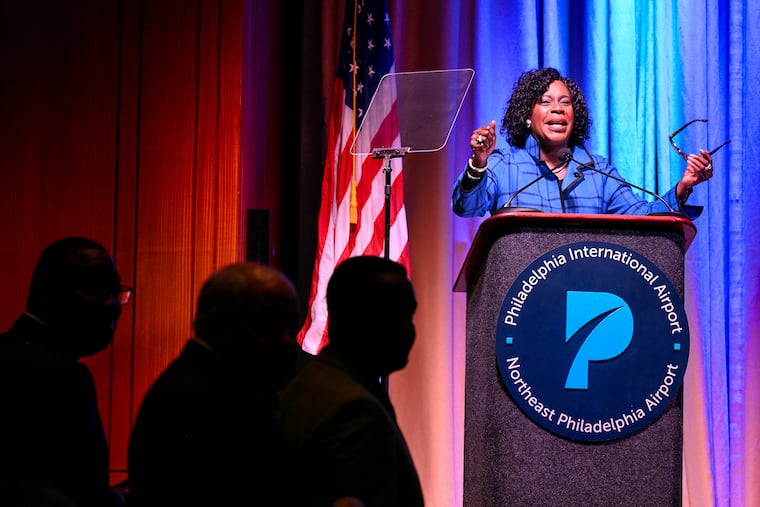Judge denies bail for Howard Rubin, financier of a sex dungeon, despite his arguments highlighting his role as a caring grandfather.
A Brooklyn federal judge recently denied bail to Howard Rubin, a 70-year-old financier implicated in a disturbing sex trafficking case. Rubin, who has amassed significant wealth over his career on Wall Street, is currently being held in the Metropolitan Detention Center (MDC) in Brooklyn following arrests related to allegations of operating a sex dungeon in his Midtown Manhattan penthouse.
Rubin’s attorneys presented a narrative of a devoted family man, highlighting his role as a loving grandfather. They described how he reportedly transformed his home into a playful environment, complete with a ball pit, and submitted a collection of photographs depicting him with his grandchildren to support their argument. Despite this portrayal, prosecutors provided a starkly contrasting account of Rubin’s alleged criminal activities, asserting that he constructed a soundproof space where he subjected his victims to brutal acts, including physical assault and sexual violence, under horrifying conditions.
Assistant U.S. Attorney Tara McGrath raised concerns regarding the extent of Rubin’s financial resources, suggesting the possibility that he has hidden assets in offshore accounts. Prosecutors detailed how Rubin allegedly lived a dual life, concealing his illicit activities while simultaneously maintaining a façade of domestic bliss. A revealing email exchange from 2015 depicted him joking about his sordid escapades, further complicating his defense.
In response to the bail application, which included proposals from family members to secure a million bond backed by properties in Connecticut, Judge James Cho remained skeptical. He noted that this amount, while substantial for many, may not hold the same weight for someone of Rubin’s financial stature. The judge indicated that Rubin could reapply for bail in the future with a revised bond package.
The case encapsulates alarming allegations of exploitation and abuse, with prosecutors asserting that Rubin wielded his wealth and influence to orchestrate a trafficking operation that involved multiple women. As the judicial proceedings unfold, the focus remains on the extent of Rubin’s alleged crimes and the pursuit of justice for the victims involved.
As the legal process continues, the complexities of this case will likely draw greater public attention, underscoring the ongoing issues surrounding sex trafficking and the challenges in holding powerful individuals accountable for their actions. With a multitude of factors at play, including the potential for hidden financial resources, the implications of this case extend beyond the courtroom, prompting discussions on ethics, power dynamics, and societal responsibilities.






